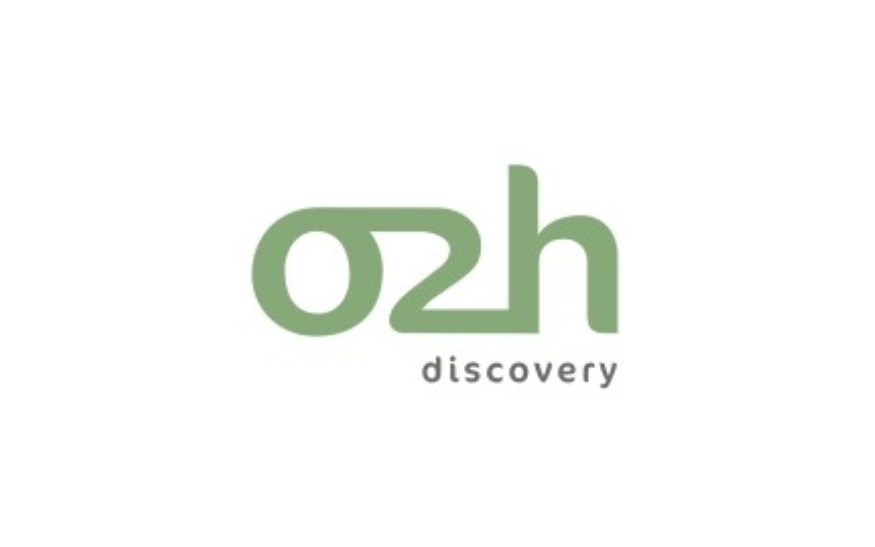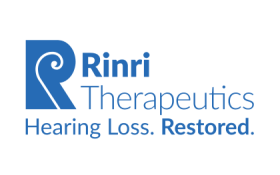The Role Of Patient Advocacy Organizations In Regulatory Best Practice
The ability to capture the full view of a patient’s health history, including their personal experience, is essential to improving medical outcomes and ensuring therapeutic discoveries meet patient needs. While there is a rich repository of patient information from sources like registries and electronic health records, there have been longstanding hurdles to utilizing the data to improve health outcomes, such as the lack of consistent data standards, integrated digitalization of health records, and blocking of data sharing by certain parties.
Luckily, these challenges are the focus of recent health data regulations and are being addressed with the implementation of the 21st Century Cures Act, the United States Core Data for Interoperability (USCDI), and support from government agencies. In particular, four recent draft guidances released by the US Food and Drug Administration (FDA) are anticipated to open the door for patient-centered organizations to significantly impact the advancement of new disease treatments. For instance, through partnership with life sciences companies in collecting invaluable patient RWD insights necessary for prioritization and therapy approvals.
Assessing Real World Data Sources To Support Regulatory Decision Making
The purpose of this guidance is to ensure products submitted to the FDA for approval are effective and safe by providing recommendations for assessing the relevance, quality, validity, and source of the real world data (RWD) used to develop new drug therapies. Because the use of RWD diverges from the controlled environment of traditional clinical trials, these quality standards will be necessary to efficiently and successfully get FDA approval on potentially life-saving treatments.
The recommendations outlined in this guidance are important to patient advocacy organizations because it will help the FDA endorse drugs that will lead to positive health outcomes for patients and reduce the risk of life-threatening side effects. Providing recommendations on the kind of RWD that should be used for FDA approval will reduce the burden and cost of data collection on providers.
Data Standards For Drug And Biological Product Submissions Containing RWD
This guidance summarizes the RWD standards that must be met before submitting products for FDA approval. While the Agency acknowledges the fact there is a range of approaches to data transformation, this guidance is setting industry standards for documenting the rationale behind data transformation methods when submitting data for approval.
These standards are important to patient advocacy organizations because data standards are critical to interoperability between all stakeholders in patient care and research. In order to successfully gain valuable insights into the etiology of diseases, data is needed from multiple sources, including electronic health records (EHRs), medical claims, registries, and more. With this guidance, the FDA aims to make the process of data sharing more affordable and cost-effective, giving patients the power to make more educated decisions about their health.
Assessing Registries To Support Regulatory Decision-Making
For researchers wanting to utilize registry data, this guidance outlines key considerations for determining whether the data meets the standards needed for FDA approval, including relevance (e.g., availability of key data elements and the number of representative patients) and reliability (e.g., accuracy, source, completeness). The guidance also provides recommendations when linking registry data with outside sources, including ensuring consistent and repeatable interoperability between the data sources and addressing potential patient privacy and data security issues.
The data standards described in this guidance are critical for patient advocacy organizations as they outline how to model registries. While this is a clear sign the FDA supports industry use of registry data, the guidance distinctly outlines the minimum requirements industry needs to confirm before selecting a registry. If modelled to the FDA standards, registries will be able to effectively demonstrate their partner value to sponsors and play a more active role in regulatory decision-making regarding the effectiveness of drugs.
Considerations For The Use Of RWD And RWE To Support Regulatory Decision-Making
While the previous guidances focused on new drug approval, this guidance is specifically focused on the use of RWD in alternative use approval for existing FDA-approved drugs (i.e., investigational new use of a drug [IND]). The FDA requires clear documentation of all data analyses completed during the study design phase to ensure FDA inspectors can access the complete history of relevant data to certify data integrity.
These best practices are essential for patient advocacy organizations because they can strengthen the role organizations have in providing data needed for IND applications. Some of the most exciting advances in disease treatments have come from applying already established drugs used for other conditions. Based on this guidance, getting involved in the IND process opens the door for increased business sustainability through partnership with life science companies and finding better treatment options for their patient communities.
The creation of the FDA’s real world evidence program and the uptick in related guidances is an exciting opportunity for patient advocacy organizations to take a more active role in regulatory decision making and advance drug approval. Although these guidances are drafted for the industry stakeholders submitting drugs to the FDA, organizations can educate themselves on how to build out their registries to become an invaluable partner to life science companies. Because these guidances are recommendations, not requirements, organizations should feel empowered to get involved in the ongoing dialogue with life sciences companies and the FDA to further shape the role of registries as RWD stewards driving true innovation across the industry.
Alexandra Weiss is director of Strategic Operations – Patient Advocacy, Healthcare Solutions at IQVIA. She has an extensive background in patient advocacy and is a patient and caregiver advocate herself. Prior to joining IQVIA, she spent over six years leading industry relations and engagement for an oncology patient advocacy organization. While there, Alexandra worked closely on their Scientific & Medical Initiatives, raised funds to drive progress, and represented the patient voice for industry-hosted initiatives.





